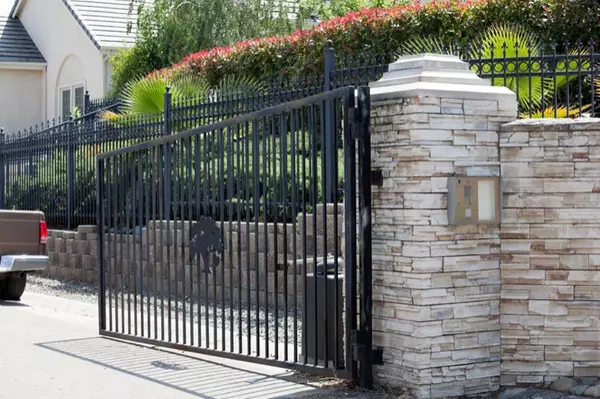Dealing with Lowball Offers on Your Home: A Seller's Guide

Are you faced with a lowball offer on your home and unsure of how to proceed? Receiving an offer below your asking price can be disheartening, but it's essential to handle the situation with poise and strategy. In this blog post, we'll explore how to navigate lowball offers on your home, empowering you to make informed decisions and secure the best possible outcome.
Understanding Lowball Offers
A lowball offer is an offer to purchase a home that is significantly below the seller's asking price or the market value of the property. While lowball offers can be frustrating for sellers, it's essential to understand the motivations behind them. Buyers may submit lowball offers for various reasons, including:
1. Testing the Waters: Some buyers may submit lowball offers to gauge the seller's willingness to negotiate and determine how motivated they are to sell.
2. Budget Constraints: Buyers may have budget limitations that prevent them from offering the full asking price. They may hope that the seller will be willing to negotiate and accept a lower offer.
3. Market Conditions: In a buyer's market where there is an abundance of inventory and fewer competing offers, buyers may feel more inclined to submit lowball offers in hopes of securing a better deal.
4. Property Condition: If the property has been on the market for an extended period or requires significant repairs or updates, buyers may perceive it as less valuable and submit lower offers accordingly.
How to Respond to Lowball Offers
When faced with a lowball offer on your home, it's essential to approach the situation strategically. Here are some tips for responding to lowball offers effectively:
1. Remain Calm and Objective: While receiving a lowball offer can be frustrating, it's essential to remain calm and objective. Avoid taking the offer personally and focus on negotiating a favorable outcome.
2. Evaluate the Offer: Take the time to carefully review the terms of the offer, including the proposed purchase price, contingencies, and closing timeline. Consider consulting with your real estate agent to assess the offer's viability and determine the best course of action.
3. Counteroffer Strategically: If you believe the offer has potential, consider submitting a counteroffer with a slightly higher price or revised terms. Be prepared to negotiate and find common ground with the buyer.
4. Set Realistic Expectations: Keep in mind that negotiations are a two-way street, and both parties must be willing to compromise. Set realistic expectations for the negotiation process and be open to finding a mutually beneficial solution.
5. Consider Other Offers: If you receive multiple offers on your home, weigh the pros and cons of each offer carefully. While a lowball offer may be disappointing, it's essential to consider all available options before making a decision.
Conclusion
Dealing with a lowball offer on your home can be challenging, but it's essential to approach the situation with patience, strategy, and professionalism. By understanding the motivations behind lowball offers and responding strategically, you can navigate negotiations effectively and secure the best possible outcome for the sale of your home. Remember, your real estate agent is there to provide guidance and support throughout the process, so don't hesitate to lean on their expertise for assistance.
Categories
Recent Posts











